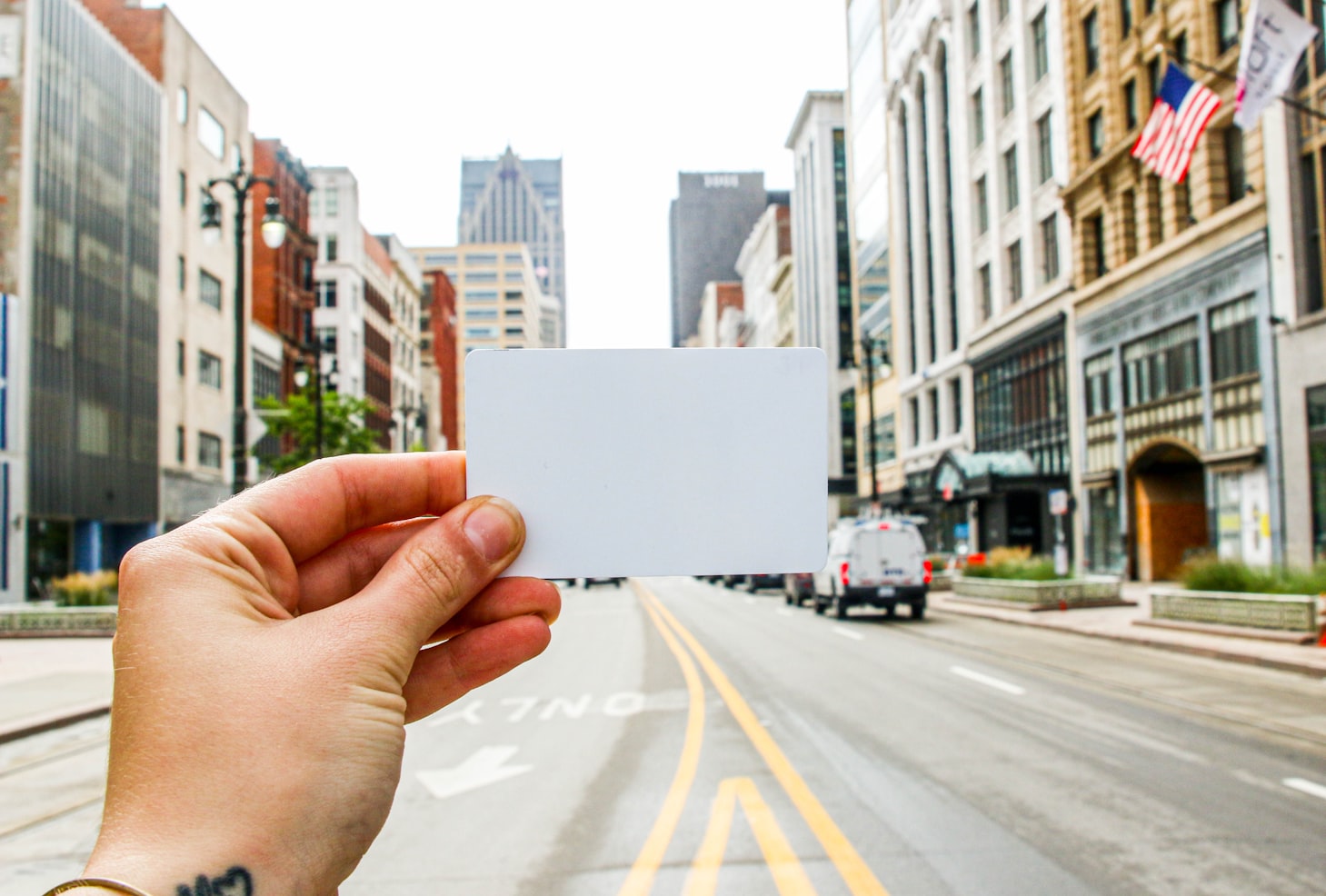How Does Down Payment on a Car Lease Work?
When it comes to leasing a car, one of the key factors to consider is the down payment. The down payment on a car lease is the initial amount of money you pay upfront to secure the lease. It is an important aspect of the leasing process and can have a significant impact on your monthly payments and overall lease terms. In this article, we will explore how the down payment on a car lease works and its implications for lessees.
Understanding the Down Payment
The down payment on a car lease is typically a percentage of the vehicle’s total cost. It is paid at the beginning of the lease term and is non-refundable. The purpose of the down payment is to reduce the overall amount financed and lower the monthly lease payments. It also serves as a form of security for the lessor, as it provides them with some upfront cash in case the lessee defaults on the lease.
Factors Affecting the Down Payment
The amount of the down payment on a car lease can vary depending on several factors:
- Vehicle Price: The cost of the vehicle is a significant factor in determining the down payment. Generally, the more expensive the car, the higher the down payment.
- Credit Score: Your credit score plays a crucial role in lease financing. A higher credit score may allow you to qualify for a lower down payment, while a lower credit score may require a higher down payment to secure the lease.
- Lease Terms: The length of the lease term can also impact the down payment. In some cases, longer lease terms may require a higher down payment.
- Residual Value: The residual value of the vehicle at the end of the lease term can affect the down payment. If the vehicle has a higher residual value, the down payment may be lower.
Benefits of a Higher Down Payment
While the down payment is an upfront cost, there are several benefits to making a higher down payment on a car lease:
- Lower Monthly Payments: A higher down payment reduces the amount financed, resulting in lower monthly lease payments. This can make the lease more affordable and fit within your budget.
- Lower Interest Charges: By reducing the amount financed, a higher down payment can also lead to lower interest charges over the lease term. This can save you money in the long run.
- Improved Lease Terms: A larger down payment can improve your lease terms, such as a lower money factor or a higher mileage allowance. This can provide you with more flexibility and better overall lease conditions.
Drawbacks of a Higher Down Payment
While a higher down payment can have its advantages, there are also some drawbacks to consider:
- Tied-Up Cash: A larger down payment means more money upfront, which can tie up your cash. If you prefer to have more liquidity or invest your money elsewhere, a higher down payment may not be the best option.
- Loss of Resale Value: Unlike purchasing a car, leasing does not provide any ownership rights. Therefore, a higher down payment does not contribute to the vehicle’s equity or resale value.
- Increased Risk: If the leased vehicle is stolen or totaled, the down payment may not be recoverable. It is essential to have comprehensive insurance coverage to protect your investment.
FAQs
1. Can I negotiate the down payment on a car lease?
Yes, the down payment on a car lease is negotiable. It is always worth discussing with the dealer or lessor to see if they are willing to lower the down payment amount. However, keep in mind that a lower down payment may result in higher monthly lease payments.
2. Is a down payment required for a car lease?
While a down payment is not always required for a car lease, it is generally recommended. A down payment can help reduce the overall cost of the lease and make it more affordable.
3. Can I use a trade-in as a down payment on a car lease?
Yes, you can use a trade-in vehicle as a down payment on a car lease. The trade-in value will be deducted from the total cost of the lease, reducing the amount financed and potentially lowering the down payment.
4. Can I get my down payment back if I decide to terminate the lease early?
No, the down payment on a car lease is non-refundable. If you decide to terminate the lease early, you will not be able to recover the down payment amount.
5. Can I lease a car with no money down?
Yes, it is possible to lease a car with no money down. Some dealers or lessors offer zero-down lease deals, where the down payment is waived. However, keep in mind that this may result in higher monthly lease payments.
6. How can I determine the ideal down payment amount for a car lease?
The ideal down payment amount for a car lease depends on your financial situation and goals. Consider factors such as your budget, desired monthly payments, and the overall cost of the lease. It may be helpful to use online lease calculators or consult with a leasing specialist to determine the best down payment amount for your needs.
Summary
The down payment on a car lease is an important aspect of the leasing process. It is a percentage of the vehicle’s total cost paid upfront to secure the lease. The down payment can vary based on factors such as the vehicle price, credit score, lease terms, and residual value. While a higher down payment can lead to lower monthly payments, lower interest charges, and improved lease terms, it can also tie up your cash and not contribute to the vehicle’s equity or resale value. It is essential to consider your financial situation and goals when determining the ideal down payment amount for a car lease.
